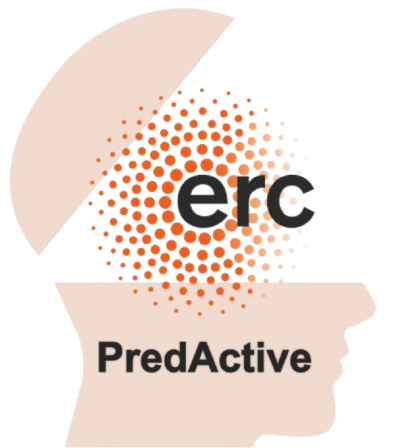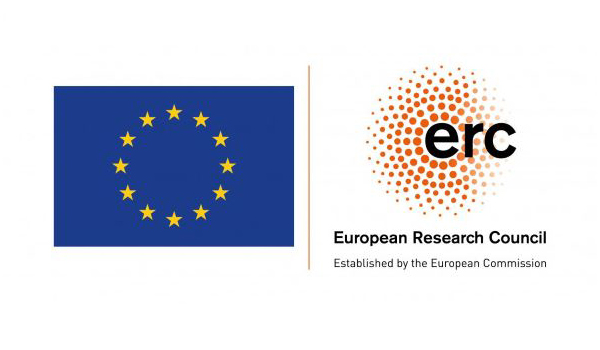Researcher
Paola Binda
Host Institution
Università di Pisa, Italy
ERC Funding
€ 1,999,500.00 for five years
Details
As children, our brains are highly adaptable, rapidly acquiring new skills. However, this ability diminishes with age, particularly in adults, whose brains become resistant to change. Sensory processing, the most challenging area for recovery, is especially impacted. With this in mind, the ERC-funded PredActive project aims to unlock new insights into brain plasticity, using vision as a case study. By leveraging the emerging theory of predictive coding, PredActive explores how the brain updates predictions and adapts to sensory input. Through innovative experiments, including virtual reality and advanced neuroimaging, the project aims to understand and manipulate plasticity to potentially rehabilitate adult brain functions, offering new hope for brain recovery in adulthood.
Objective
The ease with which children acquire new skills is progressively lost with age. Several mechanisms make the adult brain resistant to change, especially for low-level sensory processing, the hardest barrier for strategies aimed at recovering plasticity. PredActive will use vision as a test case to develop a new understanding of plasticity and its limits, through an emerging theory of brain function termed predictive coding. This theory asserts that not all incoming information is encoded directly, but only deviations from a priori predictions are represented. It follows that keeping predictions updated and calibrated to the sensory input is crucial for accurate processing. I propose that calibrating the prediction-verification cycle involves transient plasticity, of the type elicited in adults by interference with sensory input. For example, briefly patching one eye leads to a sustained boost of sensitivity and BOLD responses for that eye. This is usually interpreted as a homeostatic response. But predictive coding suggests another interpretation: when a sensory channel consistently fails to respond as expected, its signals are no longer predictable, and therefore generate large prediction errors that explain the short-term boost. A strong implication is that this form of plasticity should be elicited, even without sensory deprivation, by manipulating sensory predictability. Preliminary studies by the PI suggest that this is the case. PredActive will establish this principle and uncover its neural underpinnings by manipulating different sources of predictions (through advanced psychophysics and virtual reality) and tracing their origin (with ultra-high field fMRI, in adult volunteers and patients). The studies will permit a novel understanding of predictive sensory processing and its calibration. They will cast a new light on the fundamental phenomenon of homeostatic plasticity, and on the possibility of harnessing it for the rehabilitation of adult brain function.
Institutions


Contacts
Lab & office spaces
Physiology building, University of Pisa
Via San Zeno 31, 56123 Pisa (PI)
